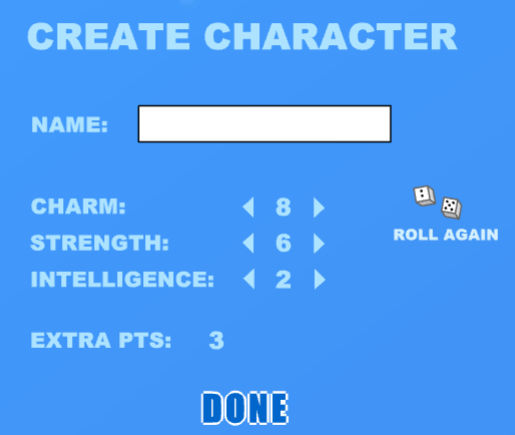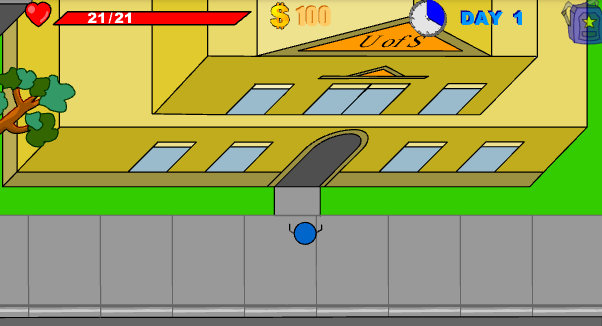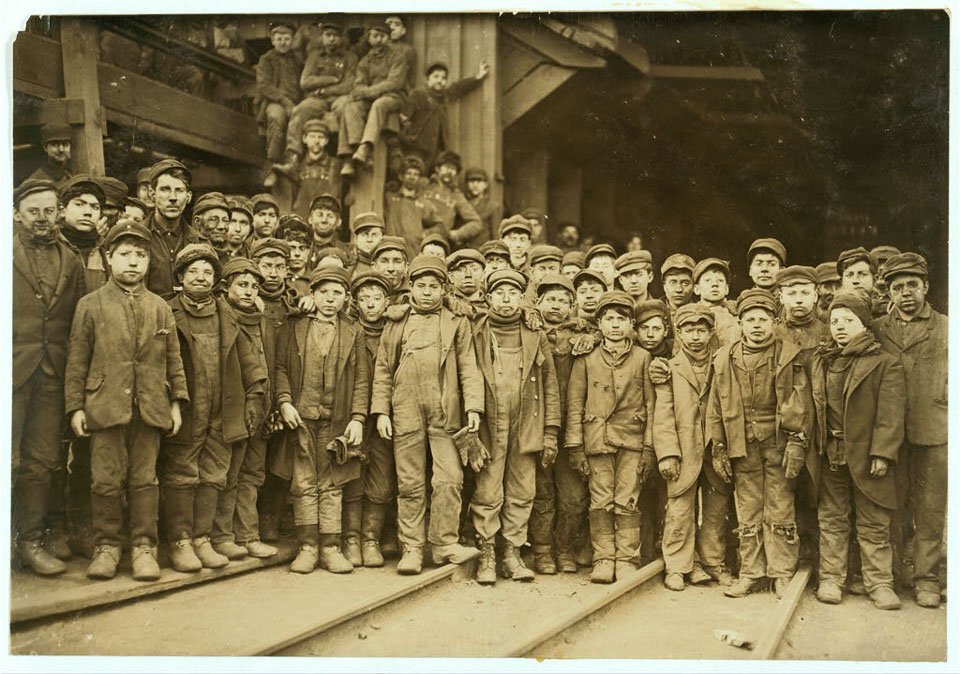But First, Your Foundation
Foundation(Noun): The lowest load-bearing part of a building, typically below ground level.
When you create a building, you start with the foundation.
This choice is due to a lot of things, but most importantly gravity.
You can’t build the penthouse first.
You can’t build the second floor without a first floor.
You can’t build that first floor without a solid foundation.
Everything you build sits on that foundation. A strong one will support a massive structure, while a weak one will support… much, much less.
In society, the educational system along with our parents builds our foundation.
The foundation most education systems provide are a “one-size” fits all approach.
Some math here, some history there, and of course many, many English classes. (You need to know how to speak and read after all).
While you might be able to make a few independent choices, the foundation school gives you is pretty similar to everybody else.
Then the foundation that your parents provide you is 100% unique.
It is based off their own experiences, what their parents taught them, and what they think will best set you up for success.
If you received both of these foundations: a good education and supportive family, you are lucky. Not everybody gets that in life.
Regardless, once you graduate high school and leave your house, you enter the blue ocean of the world.
An infinite pool of possibilities. You can pursue anything you want. Be whoever you want to be.
The foundations you have though, may not support that new version of you.
In fact, they likely don’t.
When I was in my mid-20s I wanted to be an entrepreneur. I still do (kind of).
Looking back on it though, I didn’t have the discipline or approach required to be successful.
My ego wanted to immediately jump from 0 to 100 in life, while skipping important steps along the way.
I had never led a team, had no experience building product, or running marketing campaigns. Really, I lacked most of the foundational requirements needed to succeed as an entrepreneur.
WHICH IS FINE!
Failure is a part of life.
Today though, when I decide what to do in my free time, I focus on what will help me succeed if I do start a business again. My foundation.
I currently working in a sales / marketing role (critical for building any business).
In my free time, I am learning how to code and build things.
In my spare time, I write. A lot.
When I first tried to do something new, my foundation was not strong enough.
Nobody teaches you to be an entrepreneur in high school. So I failed.
When I try the next time, I may very well fail again. (Hopefully not).
This time though, I know my foundation will at least be stronger.
Build for whatever you want to be in the future. You never know when it may come in handy.



Recent Comments